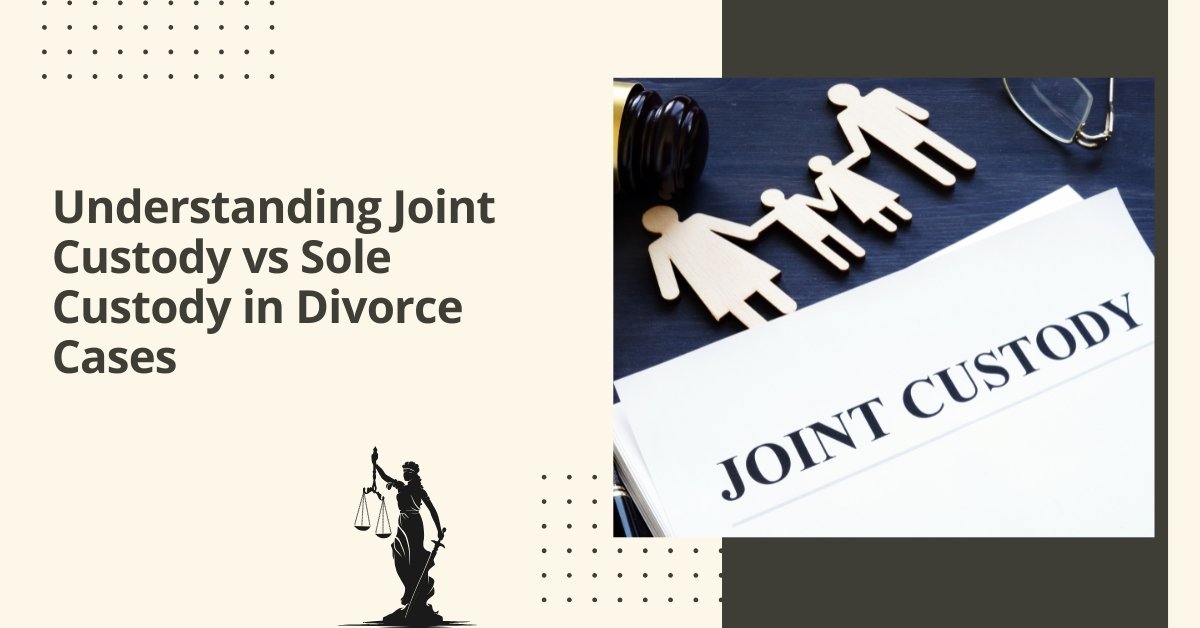Divorce Law Reforms in India: Changes Over the Years and Their Impact

Divorce laws in India have undergone significant changes over the years. Historically, divorce was a rare occurrence in Indian society, largely due to cultural and religious factors that emphasized the sanctity of marriage. However, as society evolved, so did the legal framework surrounding divorce. Over the years, reforms were introduced to provide individuals with more freedom, fairness, and equality in divorce proceedings. This article takes a closer look at the changes in divorce laws in India and their impact on individuals and society.
The Early Legal Framework for Divorce in India
Before the enactment of formal divorce laws, the concept of divorce in India was largely governed by personal laws based on religion and community. Hindu marriages were governed by the Hindu Marriage Act of 1955, while Muslim, Christian, and Parsi marriages were governed by separate personal laws. Divorce was not recognized under Hindu law until the 1950s, and the concept of “divorce” as understood in modern legal terms was largely foreign to traditional Indian communities.
Under Hindu law, divorce was largely a one-sided affair, where the husband had greater rights to dissolve the marriage. Women had few options and often had to endure unhappy marriages without recourse. The laws governing divorce in other communities, such as Muslims, Christians, and Parsis, were similarly restrictive and based on community practices.
The Hindu Marriage Act, 1955
The Hindu Marriage Act, enacted in 1955, was a landmark in the history of divorce laws in India. For the first time, divorce was legally recognized for Hindus, Buddhists, Sikhs, and Jains. The Act laid down provisions for divorce and annulment based on mutual consent or fault grounds. These fault grounds included adultery, cruelty, desertion, and mental illness.
While the Hindu Marriage Act provided a legal framework for divorce, it still contained several biases against women. The Act made it difficult for women to seek divorce on equal terms with men, and the grounds for divorce were still heavily tilted in favor of men. For example, if a woman wanted to file for divorce on grounds of cruelty, she needed to provide evidence of physical or emotional abuse. This made it difficult for many women to seek legal separation.
The Introduction of Mutual Consent Divorce
In 1976, a significant reform was introduced through the introduction of mutual consent divorce under the Hindu Marriage Act. This allowed both spouses to mutually agree to dissolve their marriage, bypassing the lengthy and often difficult process of proving fault grounds like adultery or cruelty. The reform provided a more amicable and less contentious method of divorce.
Mutual consent divorce required both parties to agree to the dissolution of the marriage, and they had to wait for a period of six months before the divorce was granted. While this provision was a step forward in making divorce more accessible, the six-month waiting period posed a significant challenge for individuals who wanted a quick resolution.
The Divorce Law (Amendment) Act, 2019
The year 2019 marked another important change in divorce laws with the introduction of the Divorce Law (Amendment) Act. This reform focused on reducing the time frame for obtaining a divorce, especially in cases of mutual consent divorce. The amendment reduced the mandatory waiting period for mutual consent divorce from six months to three months.
Additionally, the reform addressed the issue of alimony and maintenance. The Divorce Law (Amendment) Act emphasized that maintenance should be provided in a fair and timely manner, with a focus on ensuring the financial well-being of the spouse seeking maintenance. The Act also aimed at reducing the financial burden of divorce proceedings, which often led to long, drawn-out battles in courts.
The Impact of Divorce Law Reforms
Increased Access to Divorce
One of the major impacts of divorce law reforms in India has been the increased access to divorce for individuals, especially women. The reforms introduced in 1955 and later in 1976 allowed couples to seek legal separation on equal terms, regardless of gender. The introduction of mutual consent divorce, in particular, allowed individuals to dissolve their marriages amicably, avoiding lengthy and contentious court battles.
In addition, the reduction in waiting periods under the Divorce Law (Amendment) Act has made it easier for individuals to move on with their lives without unnecessary delays. This has given couples the ability to close a chapter in their personal lives and begin anew with greater freedom.
Improved Rights for Women
Over the years, divorce law reforms in India have had a positive impact on women’s rights. While the early divorce laws under the Hindu Marriage Act were heavily biased against women, subsequent reforms have provided women with more rights and protections in divorce proceedings. Women now have greater access to maintenance and alimony, and the process of seeking divorce has become more equitable.
The provision for mutual consent divorce has particularly helped women, as it has allowed them to seek divorce without having to prove fault grounds like cruelty or adultery. This has been especially beneficial for women in abusive marriages, as they no longer need to endure further suffering in order to obtain a divorce.
Social Change and the Erosion of Stigma
Divorce used to carry a significant social stigma in India, especially for women. The idea of being divorced was seen as a failure of the marriage, and divorced women often faced judgment and social exclusion. However, with the changing legal landscape and the growing number of divorce cases, this stigma has gradually diminished.
The legal recognition of divorce, along with the reforms that have made it easier to obtain, has contributed to the changing perceptions of divorce in Indian society. Today, more individuals are choosing to divorce when they are unhappy in their marriages, and divorce is increasingly seen as a personal choice rather than a societal failure.
Challenges and Future Prospects
Despite the positive changes, several challenges remain. The process of obtaining a divorce can still be lengthy and costly, especially in contested cases. Court backlogs, delays, and high legal fees often make it difficult for individuals to get a timely resolution.
Furthermore, the reform process has been uneven across different communities. While the Hindu Marriage Act was reformed in 1955 and continues to evolve, other communities’ laws, such as those governing Muslim and Christian divorces, have not kept pace with changes in Indian society.
Future reforms should focus on addressing these gaps, ensuring that divorce laws are uniform across all communities and that individuals, particularly women, are provided with equal rights and protections during divorce proceedings.
The Path Forward for Divorce Law Reforms in India
Divorce law reforms in India have come a long way, improving access to divorce and promoting greater gender equality. The changes have had a significant impact on individuals, especially women, by providing them with greater freedom and legal protection. If you are seeking expert advice, consider consulting the best divorce lawyer near Dhankawadi, Pune to guide you through the legal process. While challenges remain, the ongoing reforms indicate that divorce law in India will continue to evolve in response to the changing needs of society. As more individuals gain access to fair and equitable divorce processes, Indian society is gradually moving toward a more progressive and tolerant approach to marriage and separation.
Most Recent Posts
- All Posts
- Child Custody
- Criminal
- Divorce
- Family
- Law
- Property
Category
Explore Our Services
Empower Your Future with Expert Legal Guidance. Consult with Leading Divorce Lawyers at Adv.Mayur N. Gajbhiye for Professional, Compassionate Representation, Ensuring a Smooth and Informed Legal Journey.







